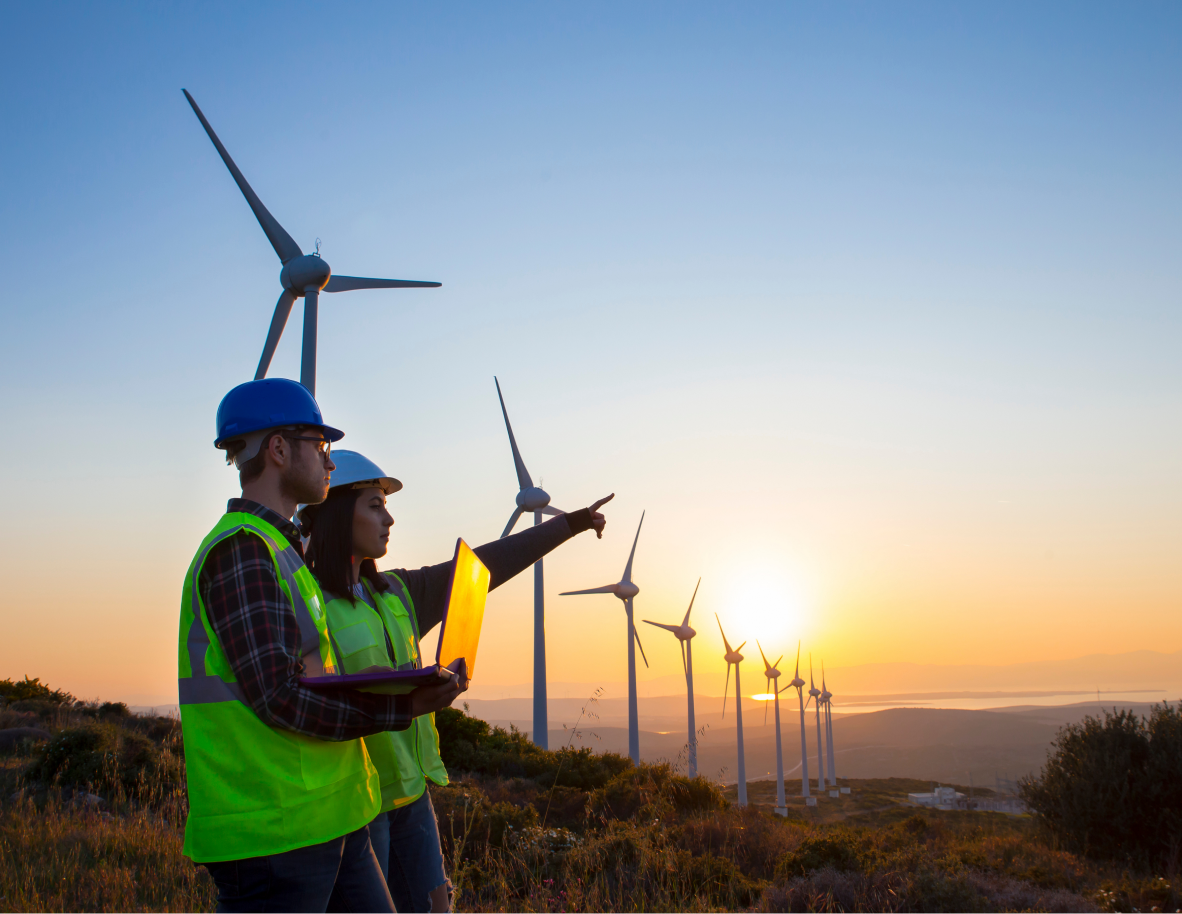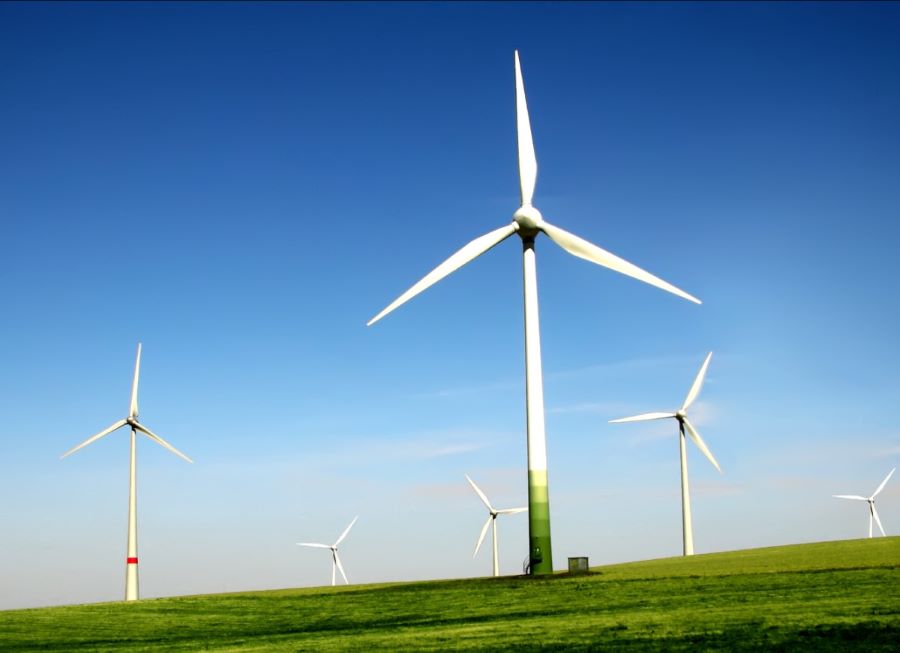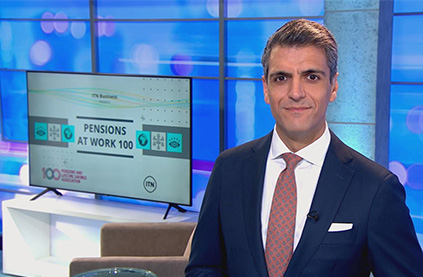
What is responsible investing?
Responsible investing is an approach that integrates environmental, social and governance (ESG) factors into our investing decision-making and processes. For example, we’ll consider things like climate change and human rights when we decide how and where to invest our members’ funds. We also engage with the wider investment community by joining groups and making affiliations with organisations that want to invest in a way that promotes positive ESG practices, whilst seeking the best outcomes for members.
The evolving ESG landscape
ESG factors have a definite financial impact in today’s world. Savers want a return, but also to contribute to a better society. Watch our video to see what we do to keep that goal in mind.
Transcript
It's indisputable that environmental, social and governance factors have a material financial impact.
We can see this by looking at the microcosm.
Consider COVID, that came from the environment, had huge social implications and had to be dealt with by changes in governance.
That, in a nutshell, is what pension schemes are facing in terms of ESG factors.
They're constantly evolving.
If you do not take account of them, if you do not work with them, you're going to fall behind, not make the best of the investment opportunities and therefore fail to do the best by your members.
Trustees should absolutely expect ESG to keep evolving.
We've seen over the past five years that increasingly regulation has increased around the way that trustees incorporate ESG into their investment decision making.
We've seen financial markets start to think about how ESG factors impact long term expectations on asset returns.
Given that trustees are long term investors, it's crucial that they think about ESG factors as part of their decision making and ultimately the way that they pay member benefits.
Tick box implies you've done something.
ESG is never done.
It is evolving. You keep on needing to work at it.
The problems we are going to face in 5, 10 years time will be evolutions of the problems we're seeing today or new problems.
Fiduciary approaches do change and they must adapt to the environment and therefore the ESG approaches must also change.
When you look at something as fundamental investment as a strategic asset allocation, working out what assets you're going to invest in, where they are, that needs to take account of all these factors.
Also thinking that you're going to be investing for the long term for your members.
A solid investment process is absolutely key to that.
Firstly, trustees can keep up to date by getting an external input that can either be done through training or through running courses for them with external experts.
Making it part of the regular framework of reporting is also important.
That gives us an opportunity to feedback how we're doing across the year and then undertaking an annual review, I think is also important because the ESG landscape is changing so frequently.
Having that opportunity to step back, consider how we're doing, consider whether we want to make changes to our framework for the coming year.
Systemic risk is the cascading failure in the financial system, which can lead to serious financial and economic loss.
For example, the World Economic Forum has identified climate related risk as one of the top three risks for the last four years running.
Trustees can be good asset owners by ensuring that they've got strong policies on managing systemic risks.
And these policies are shared by the third party investment managers that they work with.
Ultimately, the way that trustees invest can also impact or reduce systemic risk throughout the financial system, and therefore trustees have to think much more widely than just their own portfolio.
They have to think about the impact their assets can have on the wider economy.
I'm Anastasia Guha.
I'm the Global Head of Sustainable Investment at Redington, which is an investment consultant based in London.
ESG factors or environmental, social and governance factors seem to be coming at us from every angle, whether it's climate change or COVID or tech companies facing corruption charges and therefore having to pay fines.
And as a trustee, you want to make sure that your fund managers are taking into account when they're evaluating companies.
We are facing the largest change in the global economy since the Industrial Revolution.
If you're not taking this into account, you are missing a huge opportunity and possibly falling into a huge risk trap.
So trustees need to look at this changing economy today so they can pay pensions for tomorrow.
There's an expectation on behalf of the financial services industry to be managing people's money with ESG factors in mind so that there's a positive outcome, not just in terms of returns, but of societal impact.
And that can only be a good thing.
Our principles and framework
-

Responsible investment principles
We follow a set of guiding principles to make sure we’re doing what’s right for our members, employers and the wider world.
-

Responsible investment framework
Our Responsible Investment Framework shows how we incorporate ESG into our investment decisions and select and manage our funds.

Climate change
Climate change has the potential to affect many of the sectors and companies we invest in. Our Climate Change Policy helps us to ensure that climate change risk is explicitly considered during the investment process, from understanding how exposed our portfolio is to the risks, to the way we actively engage with the wider investment community on climate change. We are also an active member of the Institutional Investors Group on Climate Change. Our Climate Change Policy can be found within the Responsible Investment Framework.
Net zero emissions by 2050
We are a member of the Paris Aligned Asset Owners Group. Alongside other major global asset owners with collective assets totalling $1.9tn, we have committed to achieving a net zero emission portfolio, helping to drive the transition to a low carbon economy by 2050. We believe that climate change represents a risk to the long-term value of our investment portfolio and has the potential to reduce the security of our members’ retirement benefits. By continuing to allocate capital to sustainable businesses, in line with our investment objectives, we reduce this risk while also supporting the expansion of climate solutions.

The path to net zero
Our Climate Action Plan outlines the commitments we’ve made to achieving a net zero emissions portfolio by 2050.
Affiliations
We’ve been investing responsibly since 2004, and we’re in a position where we can make a real difference to the world. Now, we’re active members in a variety of global causes and groups that make an impact through responsible investing.
Related articles
-

TPT Investment Management launches two Alternative Investment Funds with combined assets of over £800m
The funds are collective investment vehicles for UK pension schemes and have been seeded with capital from TPT’s DB master trust. -

Corporate Adviser, Master Trust & GPP Defaults report – Key findings
In its 2024 Master Trust and GPP Defaults Report, Corporate Adviser Intelligence looks back on a ”very strong year” for master trusts, during which the global economy stabilised and the value of defined contribution (DC) assets held within multi-employer schemes increased by £113bn. -

TPT launches new responsible Global Infrastructure Fund for DC members
The new self-select fund bolsters the options for Defined Contribution members to manage their retirement assets. -

Pensions at Work 100
We’re excited to announce our involvement in a news-style programme in partnership with ITN Business and the Pensions and Lifetime Savings Association (PLSA) called ‘Pensions at Work 100’.